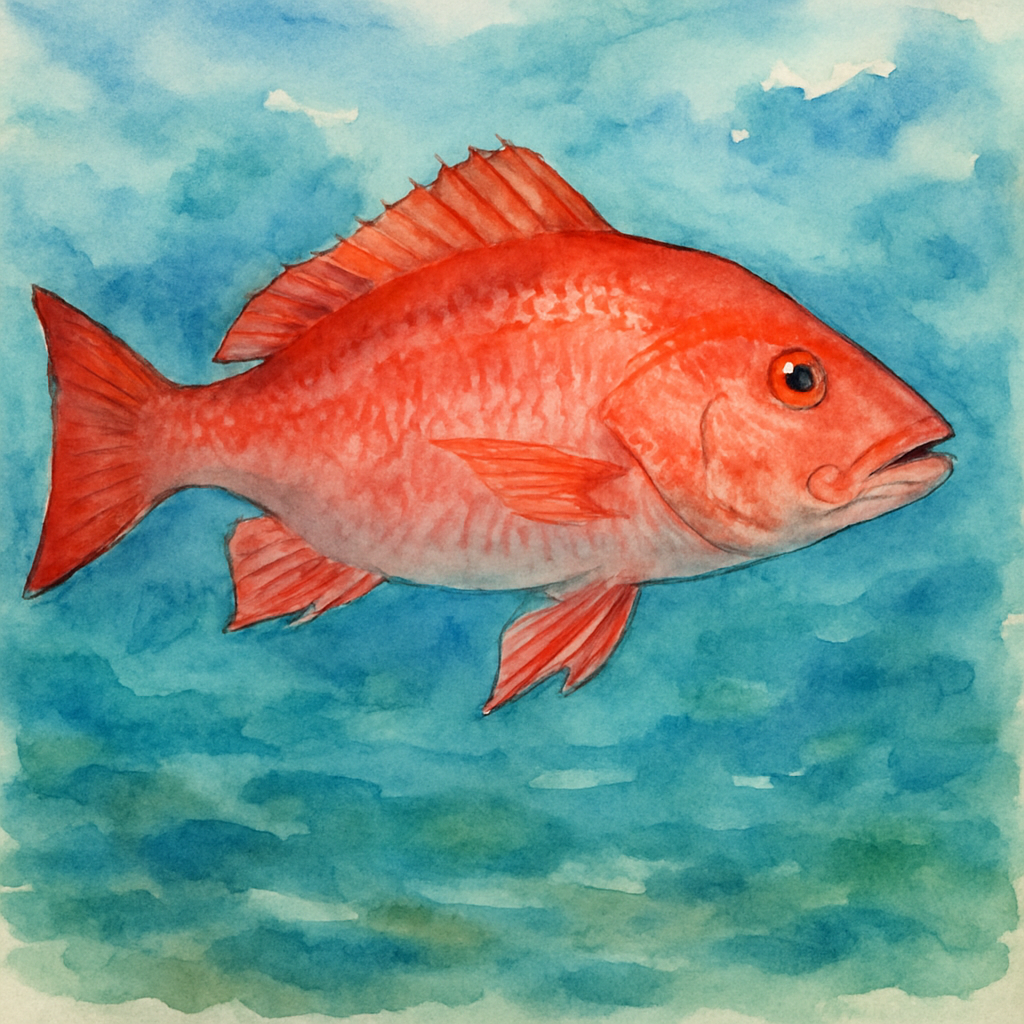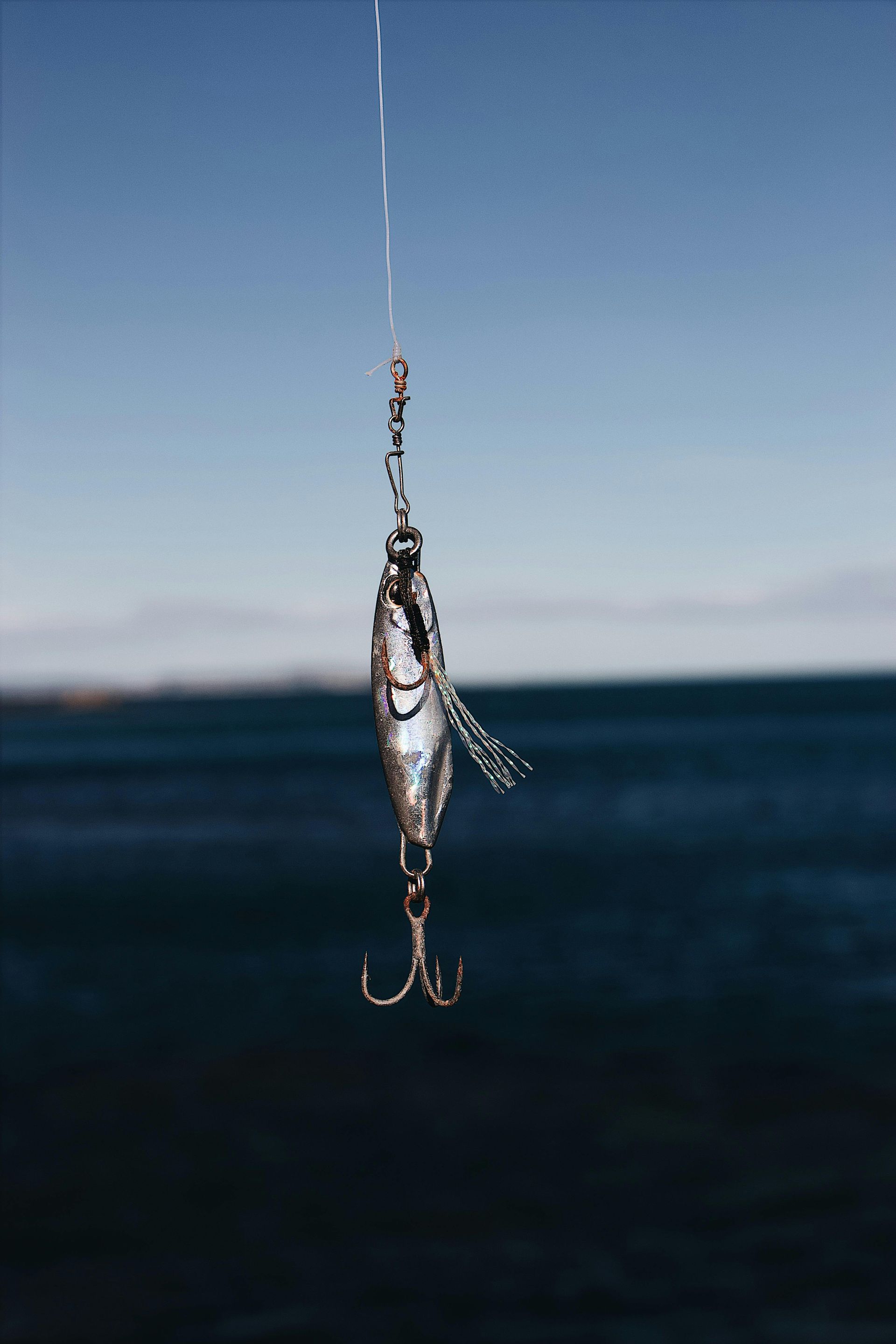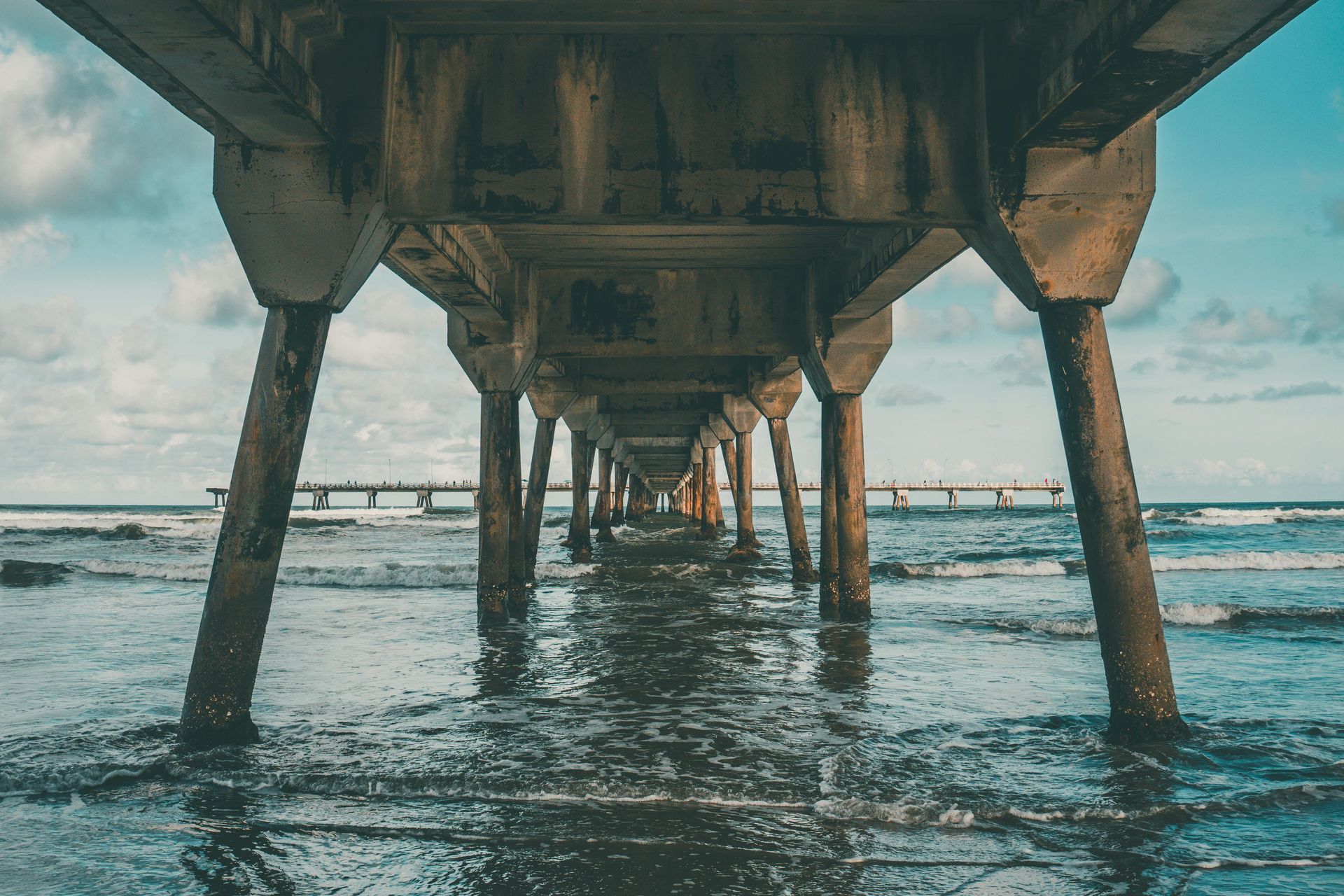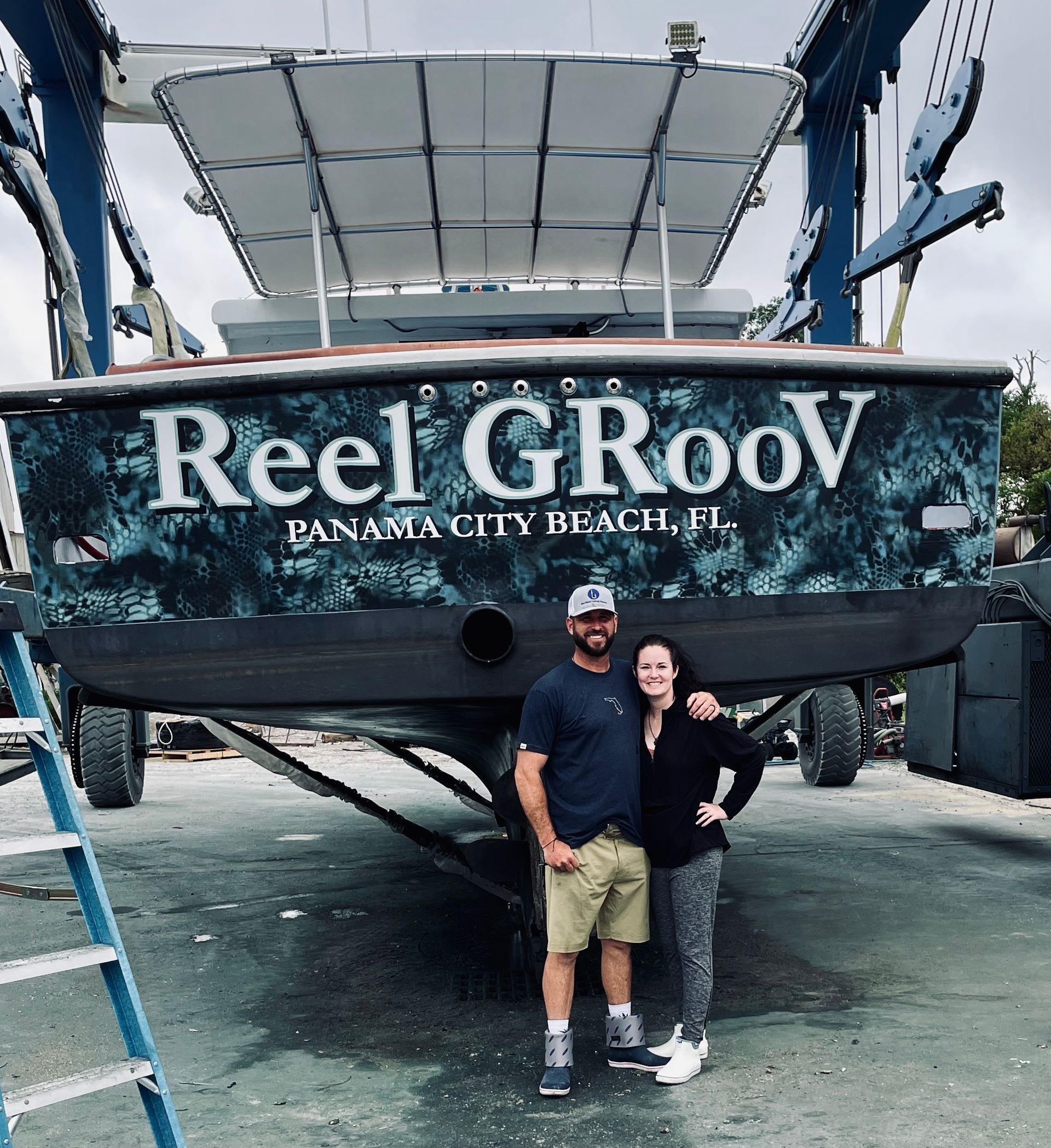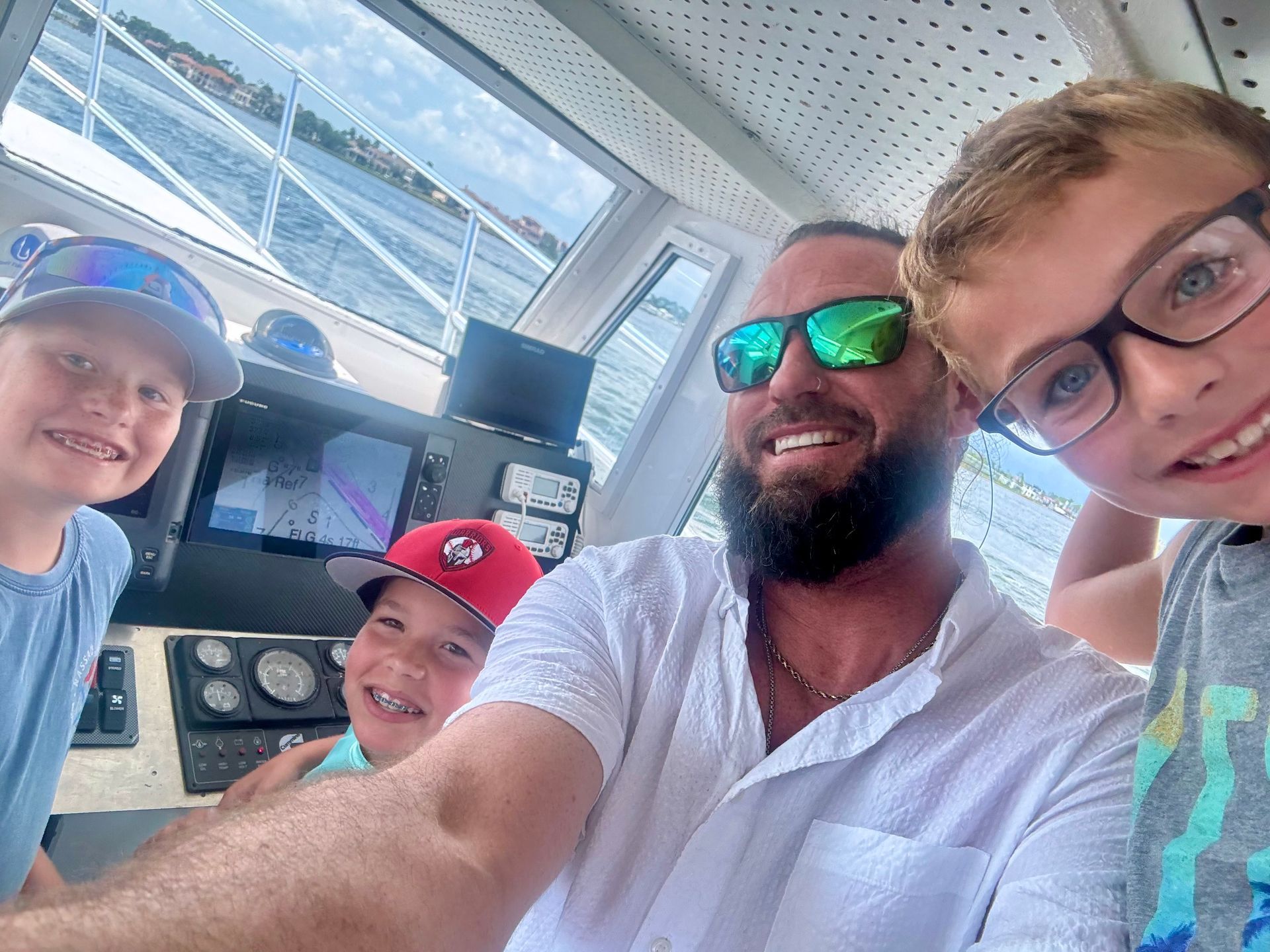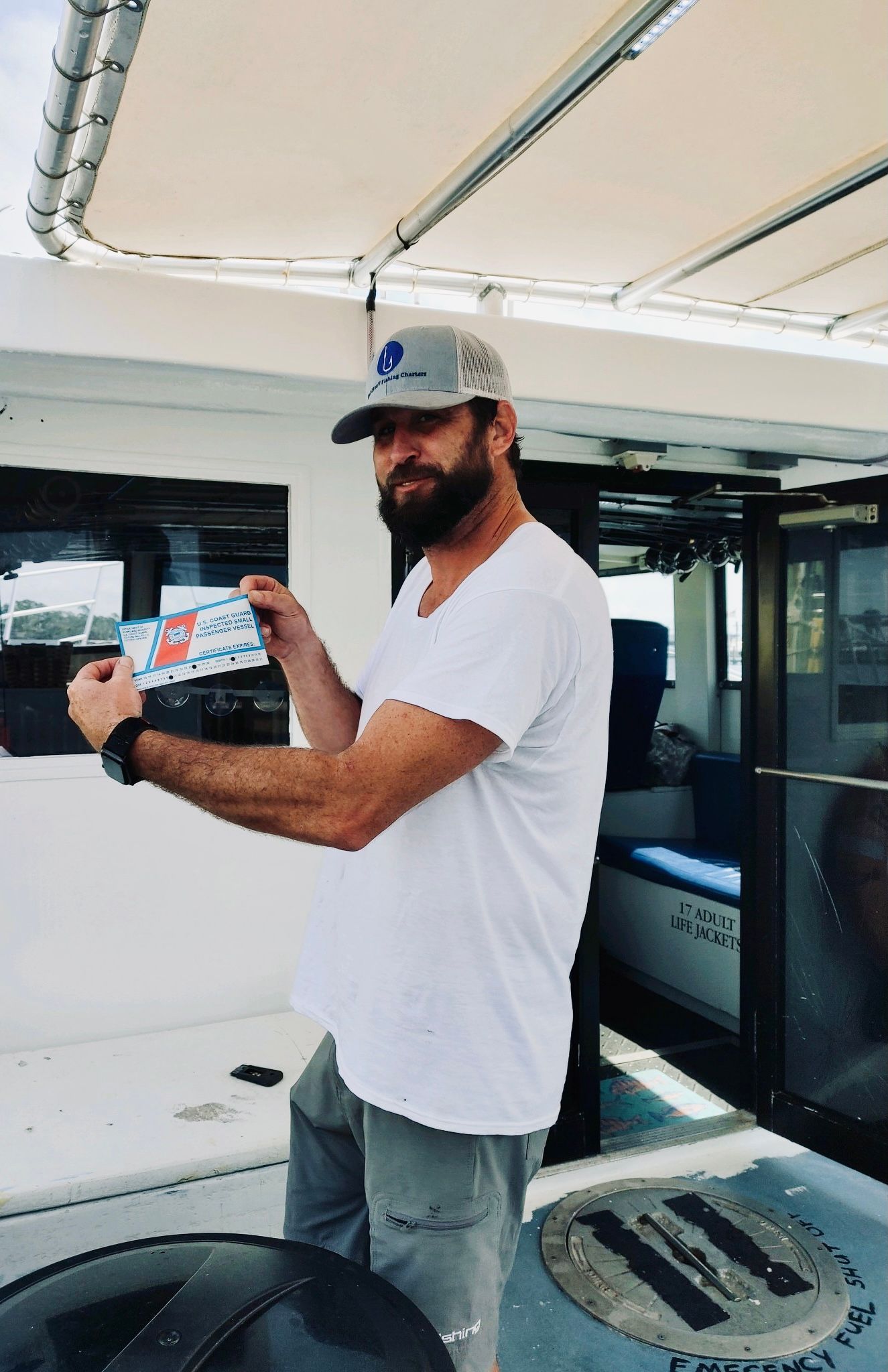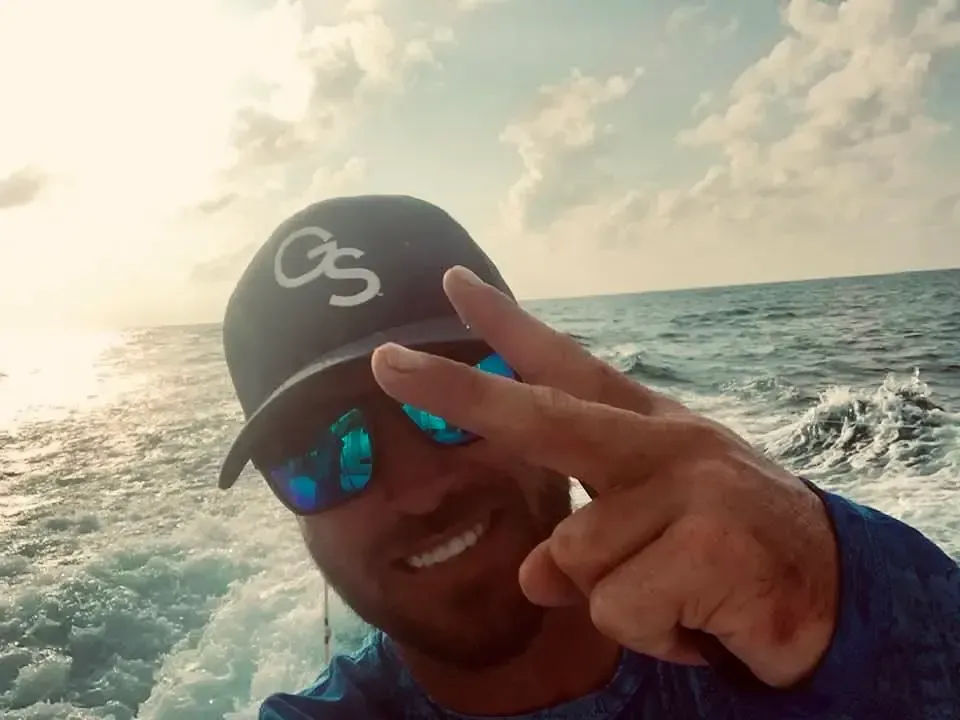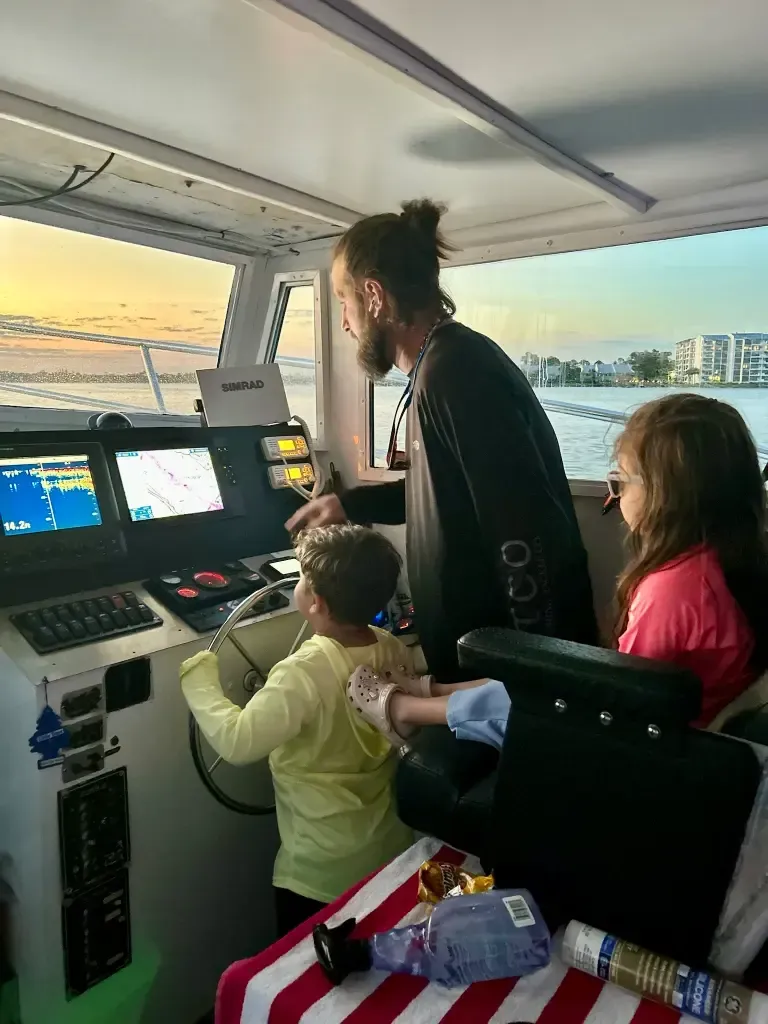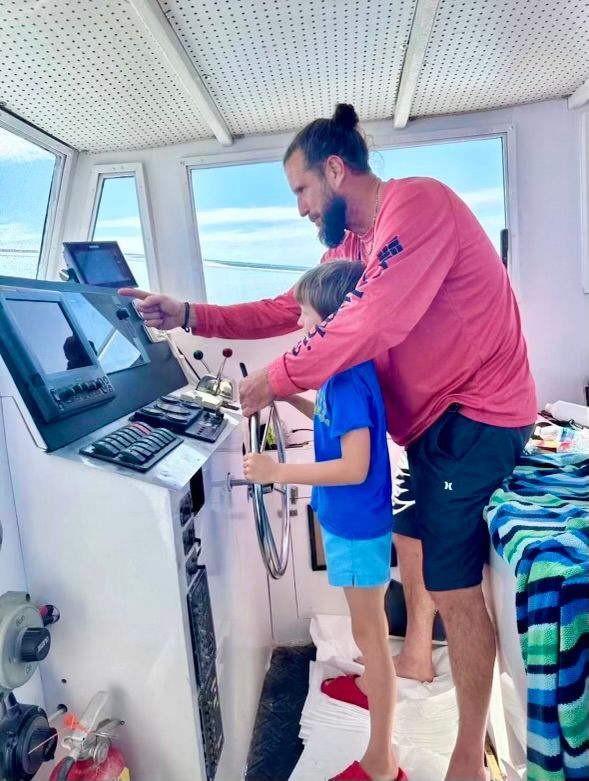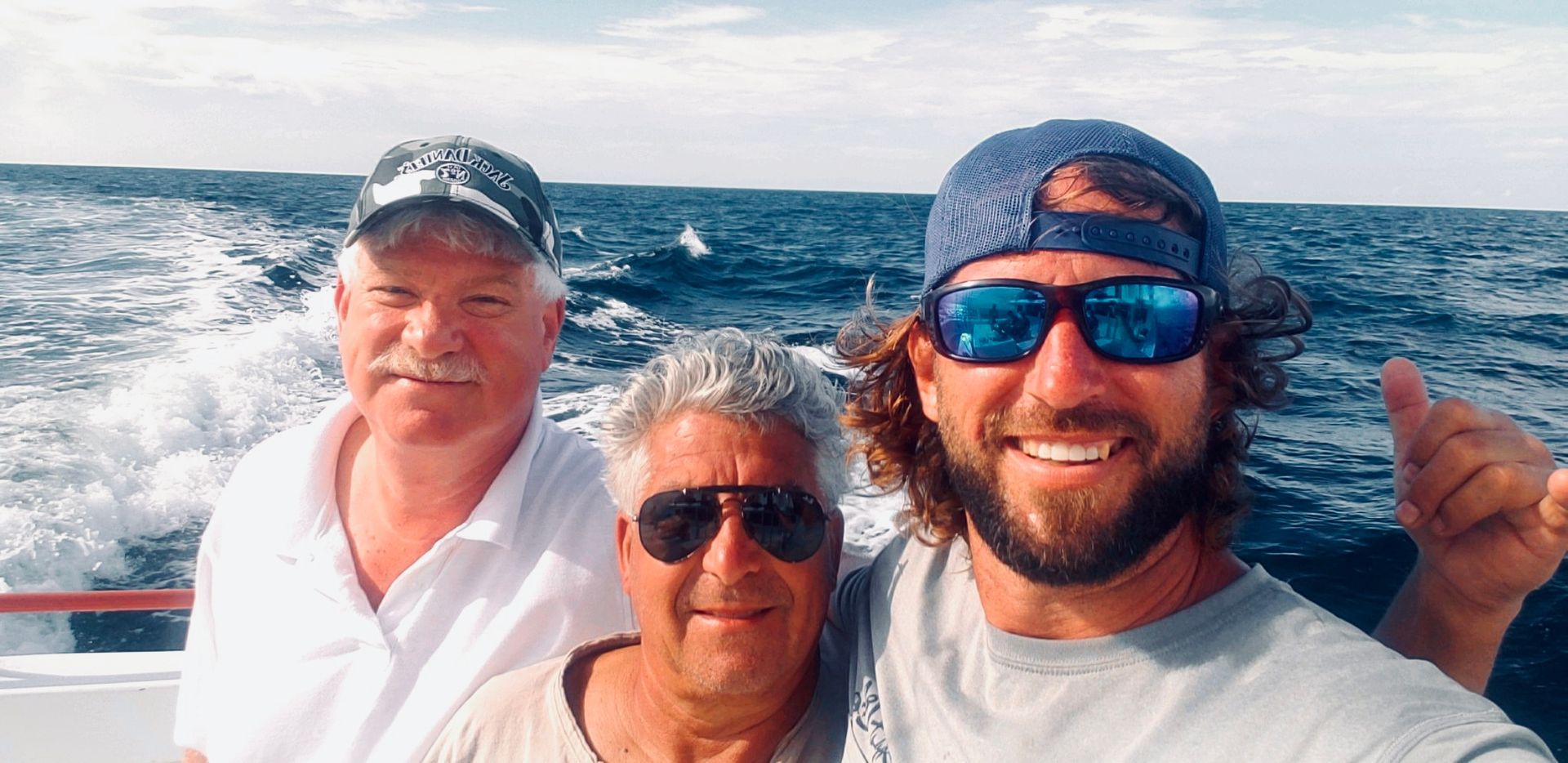🎣 Ultimate Guide to Wahoo Fishing in Panama City Beach
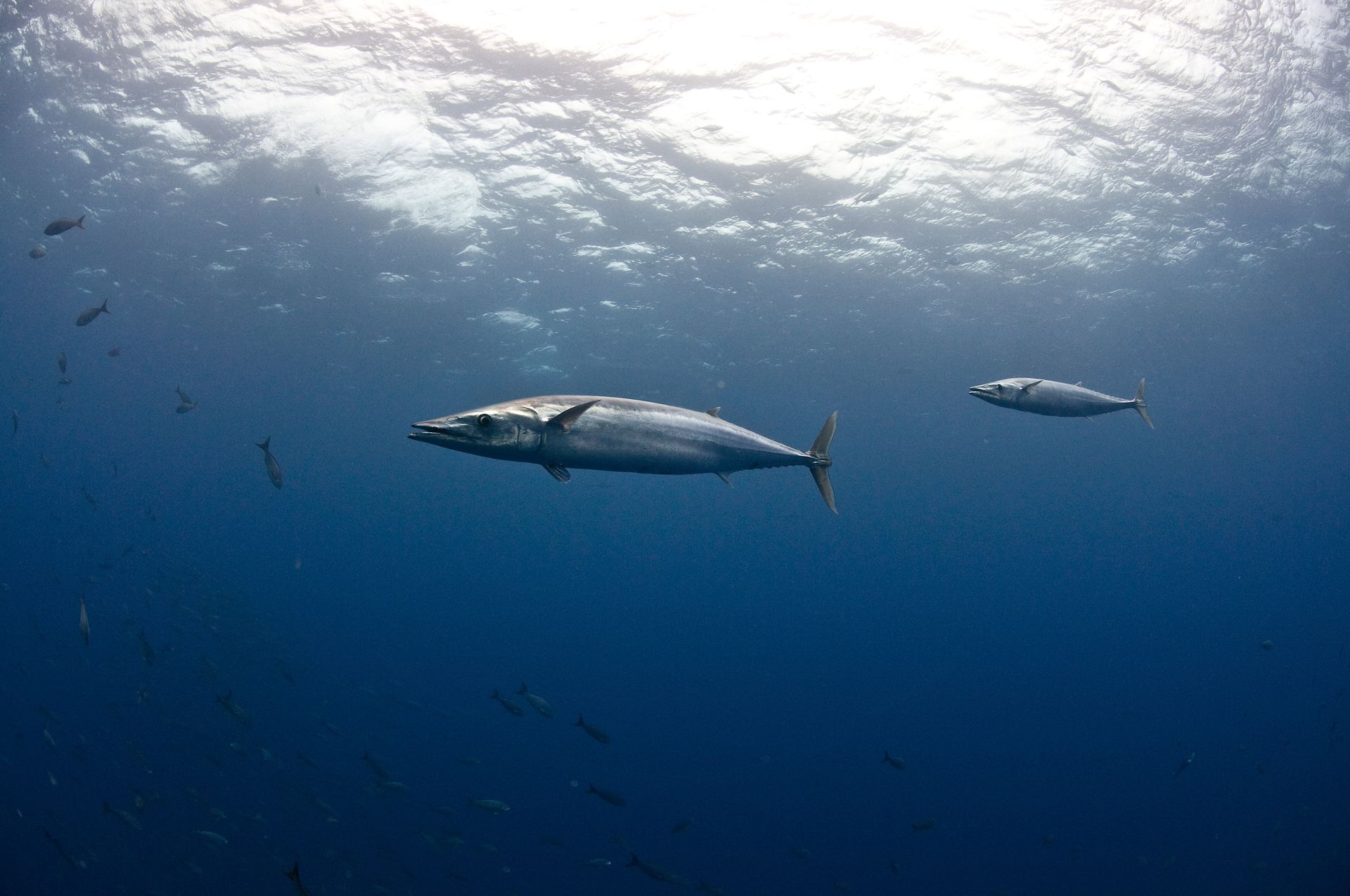
Why Wahoo Fishing in Panama City Beach Is a Must-Try
If you're looking for one of the most adrenaline-pumping fishing experiences on Florida’s Gulf Coast, wahoo fishing in Panama City Beach delivers. Known for their blazing speed and aggressive strikes, wahoo—often called the "tiger of the sea"—are a bucket list catch for serious anglers and thrill-seekers alike.
🐟 Wahoo: The Speed Demon of the Sea
What Do Wahoo Look Like?
Wahoo have a sleek, elongated body with a shimmering iridescent blue back and silver sides, highlighted by irregular vertical blue bars.
How Big Do Wahoo Get?
These power-packed fish can grow up to 8 feet (2.5 meters) long and weigh up to 183 pounds (83 kg).
Are Wahoo Dangerous?
Not to humans—but they are to their prey. Wahoo have razor-sharp teeth, perfect for tearing into baitfish and squid.
🌍 Where Are Wahoo Found?
Global Range
Wahoo are found in tropical and subtropical seas worldwide, including the Atlantic, Pacific, and Indian Oceans.
Wahoo in the Gulf of Mexico
Panama City Beach is a prime location, especially in warmer months when wahoo migrate through local waters.
🍽️ What Do Wahoo Eat?
Wahoo are apex predators that feed primarily on:
- Smaller fish like mackerel and bonito
- Squid and other soft-bodied prey
Their diet and feeding style make them ideal targets for trolling.
🎣 Why Wahoo Fishing Is So Popular in Panama City Beach
Wahoo are capable of reaching speeds up to 60 mph—making them one of the fastest fish in the ocean. Hooking one means you’re in for a wild, high-speed fight. Combine that with the beautiful waters of PCB and you’ve got a perfect recipe for an unforgettable fishing trip.
Bonus: They taste amazing. In Hawaii, they’re called “Ono,” which means “delicious.”
🛠️ Best Techniques for Catching Wahoo
High-Speed Trolling
The most popular technique in Panama City Beach. Troll lures at 12–20 knots to trigger reaction bites.
Slow or Bump Trolling
Effective near structure and temperature breaks.
Planer Trolling
Allows you to fish deeper water where wahoo often cruise.
Vertical Jigging
Use metal jigs near reefs and drop-offs.
Kite Fishing & Chunking
Less common in PCB but can work when fish are near the surface.
🧰 Essential Gear for Wahoo Fishing
- Heavy-duty rods and reels
- Roller guides to reduce line friction
- 80–100 lb test lines
- Steel leaders (to resist their teeth)
- High-speed plugs, jet heads, or skirted ballyhoo
A well-planned trolling spread increases your hookup rate significantly.
⏰ Best Time to Fish for Wahoo in PCB
- Early morning and late afternoon
- Days with strong tide shifts
- Wahoo are more active in low-light or overcast conditions
📍 Top Spots Near Panama City Beach to Catch Wahoo
Wahoo love to ambush prey near:
- Offshore reefs
- Drop-offs and deep ledges
- Weed lines and current rips
- Floating debris like logs or seaweed mats
Target these areas 15–50+ miles offshore, especially during peak migration.
🏁 Final Thoughts: Hook Into the Thrill
Wahoo fishing in Panama City Beach offers the perfect blend of excitement, skill, and reward. Whether you're an experienced angler or new to deep sea fishing, landing a wahoo is an unforgettable achievement.
With the right technique, timing, and gear, you can reel in one of the ocean’s fastest and most prized predators.
📌 Quick Recap: Wahoo Fishing in PCB
- ✅ Speed: Up to 60 mph
- ✅ Weight: Up to 183 lbs
- ✅ Best Methods: High-speed trolling & planer setups
- ✅ Best Time: Dawn and dusk
- ✅ Top Locations: Offshore reefs and floating debris
🔍 Related Keywords to Target
- Wahoo fishing Panama City Beach
- Deep sea fishing for wahoo in Florida
- High-speed trolling for wahoo
- Ono fish Gulf Coast
- Fastest fish to catch PCB
- Offshore sportfishing PCB
- Best time to catch wahoo Florida
Reel Groovy Experiences' Blog: Fishing Charters & Boat Tours
🎣 Deep Sea Fishing, Dolphin Tours & Sunset Cruises in Panama City Beach
Join Captain Gary Ray aboard the Reel GRooV for a firsthand look at what makes Reel Groovy Experiences one of the top-rated charter companies in Panama City Beach, Florida. This featured video highlights Captain Gary’s passion for the sea — from teaching kids to “drive” the boat to guiding guests on unforgettable deep sea fishing adventures.
You’ll see real footage from our 5-star fishing charters, scenic sunset cruises, lively booze cruises, and playful dolphin tours. Whether you're reeling in red snapper, relaxing on the water with friends, or watching your child’s face light up at the helm, every charter is family-friendly and uniquely tailored to your group.
Whether you’re an experienced angler or just looking for a fun day on the water, Reel Groovy Experiences offers the perfect blend of adventure, relaxation, and personalized service on Florida’s Gulf Coast. Come aboard and see why so many families and adventure-seekers choose Reel Groovy for their next unforgettable getaway!
Meet Captain Gary Ray
Welcoming You Aboard Reel Groovy Experiences
Ahoy there, fellow adventurers! Welcome aboard Reel Groovy Experiences! I'm Captain Gary Ray, and I can't wait to share the thrill of deep sea fishing in Panama City Beach and the natural beauty of Panama City Beach, Florida with you. Our love for the sea and passion for fishing drive us to create unforgettable moments for families, friends, and first-time anglers on the best fishing charters in Panama City Beach.
Experience the Gulf on Our 43' BHM Sport Fishing Vessel
Our 43' BHM offshore sport fishing boat isn't just a vessel — it's your gateway to adventure. Whether you're joining us for a private charter fishing trip, a peaceful sunset cruise, a dolphin-watching tour, or a lively booze cruise, we're here to help you make lasting memories on the water. With a Coast Guard-approved, federally permitted boat and a seasoned crew, your safety, comfort, and fun are our top priorities. Our Panama City Beach fishing charters accommodate up to 18 passengers, making us perfect for large families, groups, and corporate outings.
Exceptional Service from Your Local Panama City Beach Crew
Alongside my experienced First Mate, we bring local knowledge, a laid-back vibe, and top-tier hospitality to every trip. Whether you're reeling in red snapper on our deep sea fishing charters or toasting the sunset with friends on a private boat tour, our mission is to make every outing personal, joyful, and full of groovy energy. As a locally-owned charter fishing company in Panama City Beach, we take pride in showing you the best fishing spots and hidden gems along Florida's Gulf Coast.
So, let's set sail and make waves together. I look forward to welcoming you aboard the best fishing charter in Panama City Beach and sharing the magic of the Gulf of America with you. Here's to an unforgettable journey and countless groovy memories!
Fair winds and following seas,
– Captain Gary Ray
Keep in touch with Reel Groovy Experiences on social media

